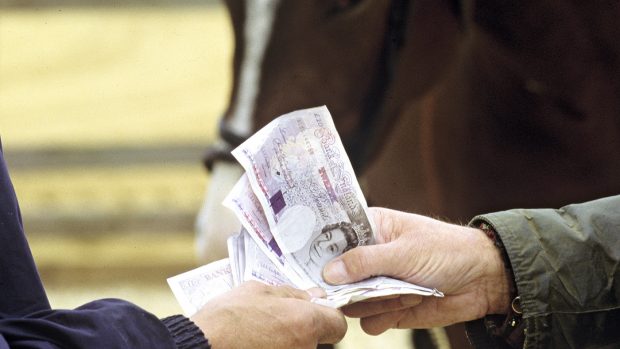Q: I was given a Thoroughbred mare by my former employer because she had been injured and was no longer suitable for the sport he wanted to compete in.
The mare had been kicked in the field one winter and suffered a hairline fracture in one leg. When she came back from the veterinary hospital, her owner decided to advertise her as free to a good home.
I decided I would have her, so he dropped the mare off at my stables and said she was now mine. I offered to give him some money for her, but he refused. We did not draw up any sort of written contract.
I have had the mare for almost six years, and I no longer work for this man. I have now reached the point where I would like to sell the mare, but I don’t know where I stand legally. As there was no contract, could her former owner claim that the horse is still his?
Stuart Farr of Laytons Solicitors answers: “Strictly speaking, there is nothing to stop your former employer claiming that the horse is his. The real question is whether, in law, he might succeed in that assertion.
“The lack of a written agreement recording the transfer of ownership from your former employer to you does give rise to uncertainty in cases such as this. However, because you paid nothing for the horse and it was delivered to you without any apparent conditions or reservations attached, there is a strong suggestion that the horse was gifted rather than sold or loaned to you or simply placed in your trust. As such, you would appear to have strong arguments that legal ownership of the horse has been transferred to you.
“Your former employer’s conduct in having nothing to do with the horse for several years would also support your contention that he has relinquished or abandoned his rights of ownership in it. Given that you have now had the horse for some time, it is assumed you have applied for and obtained a horse passport. If so, not only may that be used as evidence to support your ownership of the horse, but it will also enable you to sell the horse without committing an offence under the horse passport regulations.
“The buyer can seek to take ownership of the mare from you in good faith, but if the former owner finds out you have sold the horse and wishes to raise a civil claim in the courts, his claim would normally be made against you as the seller and would probably not extend much beyond recovering the price you obtained (or, the higher market value of the horse, if he can show it was worth more than your buyer paid for it – which in this case appears unlikely).
“In some instances, provided it can be proved that ownership rests with the original owner, that person may apply to Court to have the mare delivered back to him. Obviously, this could place the purchaser of the mare in a difficult position having paid for and then lost the mare. It might also expose you to a claim from the purchaser in good faith for the return of the purchase price.
“In order to recover damages from you, however, the former owner will have to overcome the hurdle of proving that the horse was his and that you were simply holding the horse on his behalf either on some kind of loan or on trust. Before selling the horse, we recommend that you seek advice from a solicitor to see whether you might also have an alternative counterclaim against the gentleman for the cost of keeping the horse, should he be able to establish that it was his all along.
“Also, you should obtain legal advice on whether any claims or possible counterclaims either have or might soon become statute-barred due to the passage of time, thereby preventing them from being raised by or against you.”
First published in H&H, 19 October 2006




